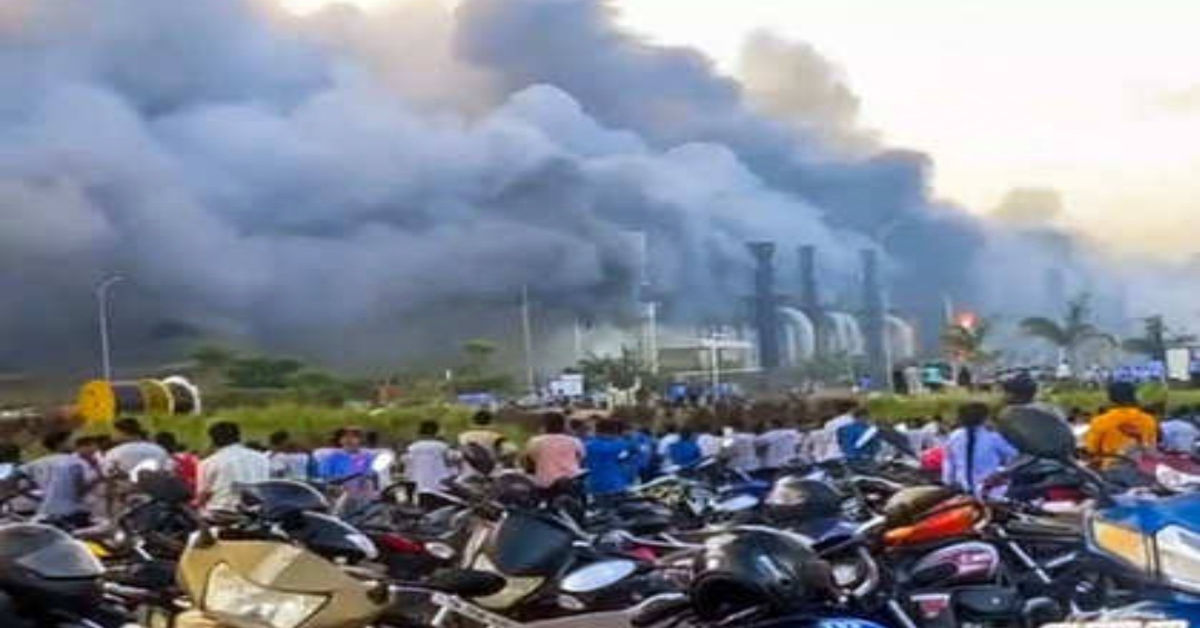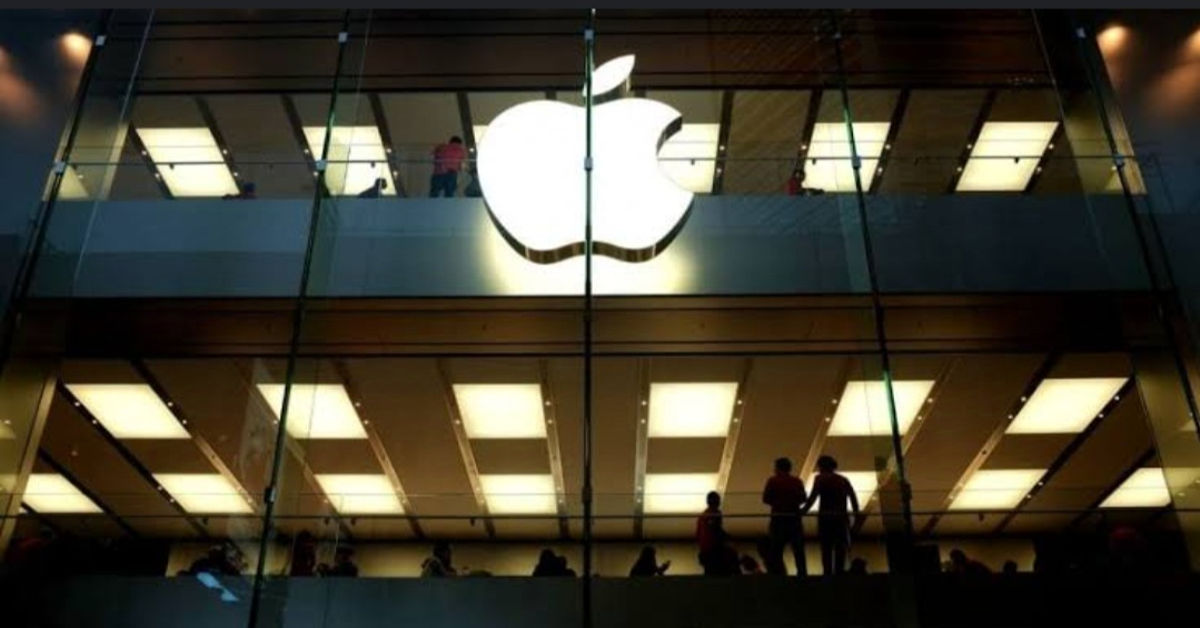Table of Contents
ToggleApple May Shift iPhone Production to China: Analyzing the Implications.
Introduction
Apple Inc. has long been associated with a complex supply chain that spans across multiple countries. Over the years, India has emerged as a potential manufacturing hub for the tech giant, particularly for its flagship product, the iPhone. However, recent events have cast uncertainty over this strategy. A fire at Tata’s Tamil Nadu plant, which is the sole supplier of back panels for iPhones in India, has prompted discussions about a potential shift in production back to China. This article will delve into the implications of such a move, exploring the current landscape of Apple’s manufacturing strategy, the impact of the fire, and the broader consequences for both Apple and its supply chain.

The Current Landscape of Apple’s Manufacturing Strategy
Apple’s manufacturing strategy has evolved significantly over the years. Historically, the majority of its products, including iPhones, have been manufactured in China. The country boasts a highly developed manufacturing ecosystem that includes not only assembly but also sourcing of components. However, over the past few years, Apple has been actively seeking to diversify its supply chain. This has been driven by various factors, including trade tensions between the U.S. and China, rising labor costs in China, and the desire to mitigate risks associated with relying too heavily on a single country.
India has emerged as a focal point for this diversification strategy. The Indian government’s push for local manufacturing through initiatives like “Make in India” has attracted companies like Apple to set up production facilities in the country. In recent years, several manufacturers, including Foxconn and Wistron, have ramped up production of iPhones in India. This move not only helps Apple avoid tariffs but also aligns with its long-term goal of expanding its market share in one of the world’s largest smartphone markets.
The Fire at Tata’s Tamil Nadu Plant
The recent fire at Tata’s Tamil Nadu facility is a significant development for Apple. This plant is responsible for producing back panels for iPhones, a crucial component in the device’s overall structure and aesthetics. The fire has halted production, creating an immediate supply chain disruption for Apple. This incident underscores the vulnerabilities that can arise in a diversified supply chain, particularly when reliance on a single supplier for critical components comes into play.
The immediate consequences of the fire are multifaceted. For one, it can lead to delays in production timelines for iPhones, impacting Apple’s ability to meet demand, particularly during peak sales periods. Furthermore, if Tata cannot quickly resume operations or if there are significant damages, Apple may need to seek alternative suppliers or revert to its established partnerships in China. This situation raises concerns not only about production timelines but also about quality control and the logistics of moving manufacturing back to China.
The Potential Shift Back to China
Should Apple decide to shift production back to China in light of the disruption in India, it would be a notable reversal of its recent strategy. The implications of this decision are significant, touching on various aspects of business operations, economic conditions, and geopolitical considerations.
Economic Implications
Moving production back to China could provide Apple with a more stable supply of components, given that the country has a well-established manufacturing infrastructure. Chinese suppliers are adept at producing high-quality components at scale, which could help Apple mitigate risks associated with production delays. However, this comes at a cost; the ongoing trade tensions between the U.S. and China could expose Apple to tariffs and regulatory hurdles that may affect its bottom line.
Additionally, manufacturing in China could influence Apple’s pricing strategy. While shifting production might stabilize supply, it could also lead to increased costs if tariffs are imposed on components imported back to the U.S. This could, in turn, affect consumer pricing and demand, especially in a competitive smartphone market.

Read this post also: Ranbir Kapoor announces lifestyle brand ARKS on his 42 Birthday
Supply Chain Risks
Relying heavily on China once again brings back concerns about supply chain resilience. The COVID-19 pandemic highlighted the fragility of global supply chains, with lockdowns and restrictions leading to significant disruptions. A return to China could mean a lack of diversification, increasing Apple’s vulnerability to similar events in the future. If another crisis were to arise, Apple might find itself in a precarious position, reliant on a single geographic area for its critical components.
Geopolitical Considerations
Geopolitical factors play a crucial role in Apple’s supply chain strategy. As tensions rise between the U.S. and China, companies must navigate a complex landscape of tariffs, regulations, and public sentiment. A shift back to China could subject Apple to heightened scrutiny from U.S. lawmakers and consumers who may be increasingly concerned about manufacturing practices in China. Public relations challenges may arise, particularly if there is a perception that Apple is retreating from its commitments to local manufacturing in countries like India.
The Broader Impact on India
If Apple does shift its production focus back to China, the ramifications for India could be significant. The Indian government has invested heavily in promoting manufacturing, viewing it as a key driver for economic growth and job creation. Apple’s commitment to India has been seen as a vote of confidence in the country’s manufacturing capabilities.
A withdrawal or reduction of Apple’s operations in India could dampen local investment sentiment, leading to job losses and impacting the broader tech ecosystem. This is especially pertinent given the Indian government’s push to make the country a global manufacturing hub. The setback could also send a negative signal to other foreign investors considering entering the Indian market.

The Future of Apple’s Supply Chain
Looking forward, Apple faces a challenging balancing act. The company must weigh the immediate benefits of moving production back to China against the long-term strategic advantages of maintaining a diverse supply chain. The experience with Tata’s plant highlights the need
